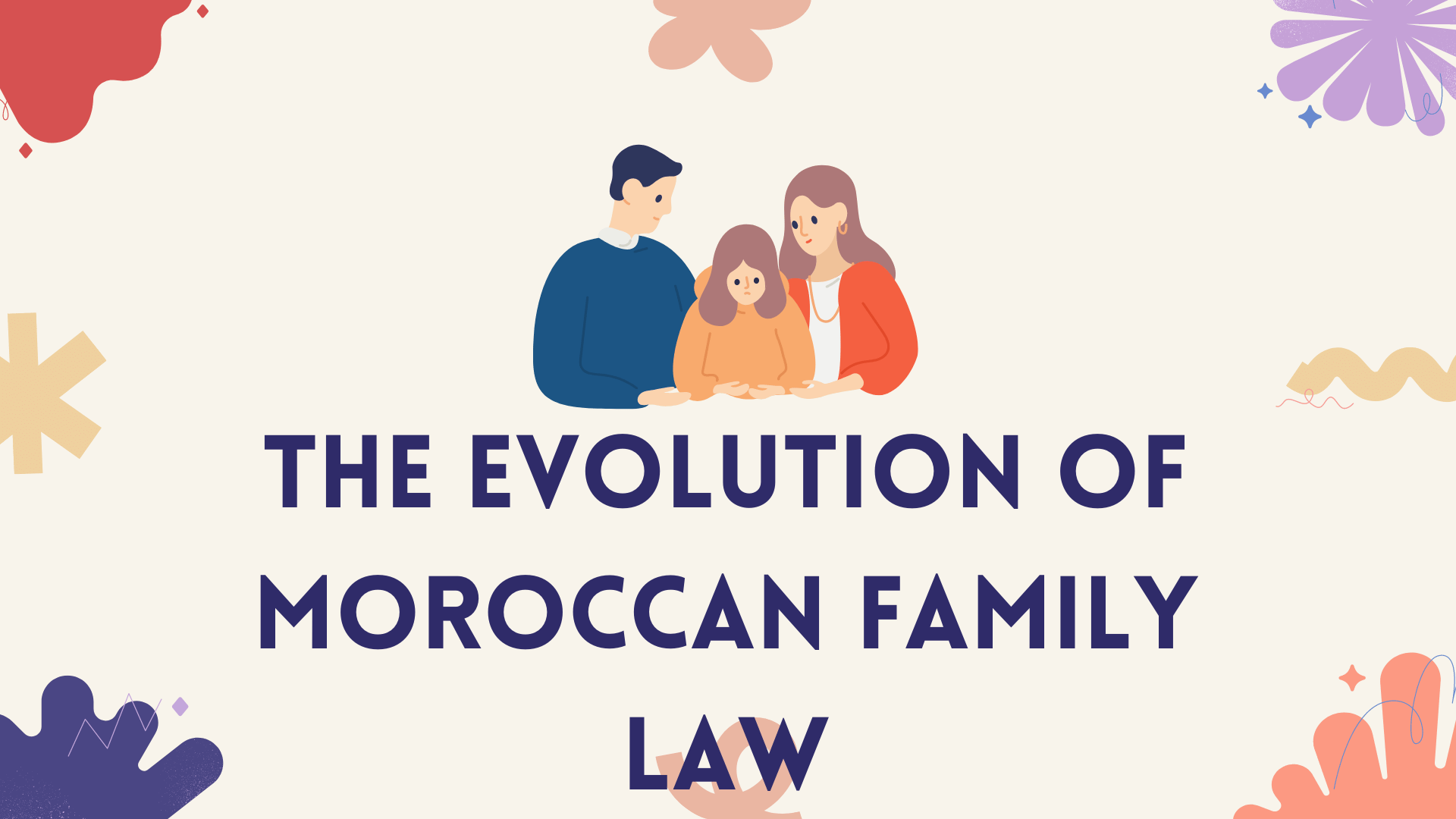
Introduction
Moroccan family law has undergone significant transformations over the years, reflecting changes in societal norms, legal reforms, and international conventions. This comprehensive overview explores the evolution of Moroccan family law, from its traditional roots to modern-day developments, highlighting key legislative changes, challenges, and implications for individuals and families in Morocco.
Traditional Foundations of Moroccan Family Law
Historically, Moroccan family law was deeply rooted in Islamic principles and customs, with a strong emphasis on marriage, divorce, inheritance, and guardianship. The traditional family structure was patriarchal, with men holding significant authority and women’s rights often limited. Islamic jurisprudence, particularly Maliki school of thought, influenced the interpretation and application of family law in Morocco.
Legislative Reforms and Modernization
In the 20th and 21st centuries, Morocco witnessed significant legislative reforms aimed at modernizing family law and promoting gender equality. One of the landmark developments was the introduction of the Mudawana, the Moroccan Family Code, in 2004. The Mudawana represented a paradigm shift in Moroccan family law, introducing provisions that enhanced women’s rights, protected children, and reformed marriage and divorce procedures.
Key Provisions of the Mudawana
The Mudawana introduced several progressive provisions that transformed the landscape of Moroccan family law. Some key provisions include:
- Legal Age of Marriage: The Mudawana raised the legal age of marriage to 18 for both men and women, aiming to combat child marriage and protect minors.
- Polygamy Restrictions: While polygamy is permitted under Islamic law, the Mudawana imposed stricter conditions for polygamous marriages, requiring judicial authorization and ensuring equal treatment of wives.
- Women’s Rights: The Mudawana granted women greater autonomy in marriage, divorce, and child custody matters, emphasizing equality and non-discrimination.
Challenges and Controversies
Despite the progressive reforms introduced through the Mudawana, challenges and controversies persist in the realm of Moroccan family law. Issues such as the implementation of legal reforms, societal attitudes